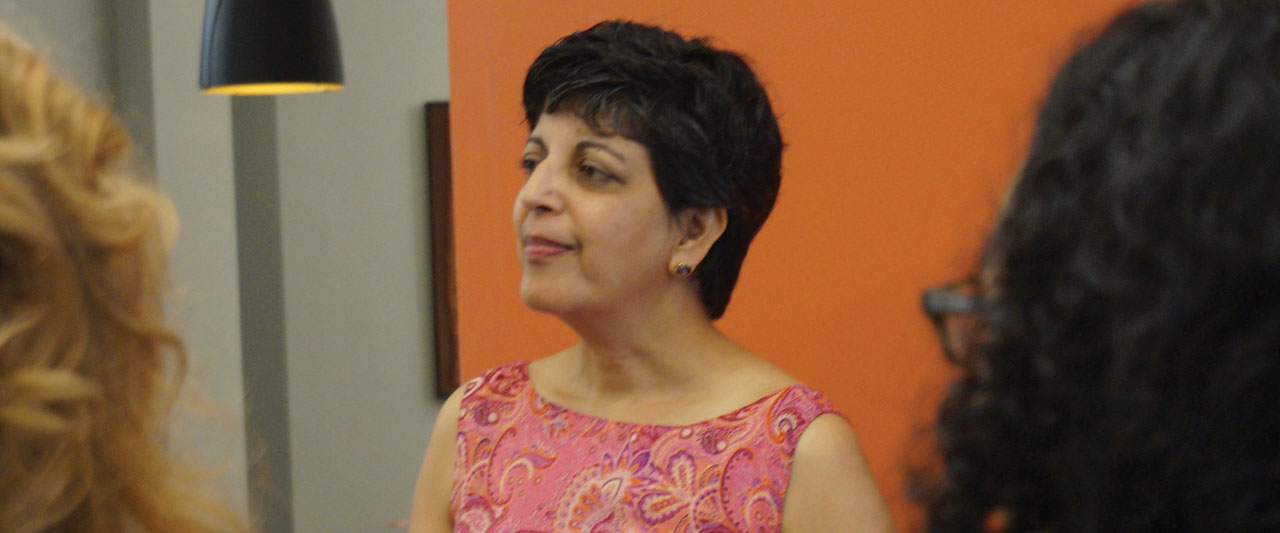By Anu Kumar, Ipas President and CEO
When I first learned about the issue of maternal mortality as a student, I remember being shocked at the numbers and shocked at the stark disparity in who is dying. There is a good reason that maternal mortality is used as an indicator of inequality between and within countries. In the United States, we are painfully aware that black women are much more likely to die in pregnancy and childbirth than non-black women. Globally, we know that to be pregnant in Niger is to risk your life.
But why do women die in pregnancy? The answers seem simple: Women in poor countries are pregnant a lot; they often don’t have access to contraception; they can’t access quality health care; they don’t have enough education; they’re poor. All that is true.
But why? Why are they uneducated? Why don’t they have contraception? Why are they poor? And why does no one seem to care? The answers are, of course, complexly influenced by history, politics, racism, patriarchy, discrimination, cultural beliefs and power. But one inescapable fact is that some lives are more valued than others. And poor women are valued the least. So little, in fact, that we permit them to die of preventable causes like unsafe abortion.
At Ipas, we are unapologetically focused on eliminating unsafe abortion. Some may say we are fixated on abortion and should move on to another topic. But the reality is that we are far from a “single issue” organization. Abortion touches on so many issues: There’s the clinical and public health aspect of it, the moral, social, and religious dimensions of it, and, of course, the political. The meaning of abortion changes from place to place, but at its core the right to safe abortion is about a woman’s role in society and whether she can realize her full potential and participate fully in society.
Some find this and, therefore, the work of Ipas, deeply threatening. It’s no accident that those who wish to dismantle democracy attack women’s freedom aggressively. Feminists from Nicaragua to Nigeria to North Carolina are on the receiving end of hostile policies and practices that at their core punish women and girls for being female. Examples are too plentiful to list, but certainly include the Helms Amendment, the Gag Rule, and the laws around the world that criminalize abortion.
Many groups, including Ipas, are on the frontlines of the resistance. We and our partners are pushing back, around and through the onslaught, whether it is at the United Nations, in parliament, in the ministry of health, in Congress or the White House, or within families and communities. With the rise of the opposition, this is an unceasing task.
But Ipas isn’t just about resistance. We’re also about progress. We are at the vanguard of envisioning a positive future where women’s human rights are respected, where women and girls need not worry about dying in pregnancy and childbirth, a utopian future where Ipas is not needed. This, perhaps, is our most powerful contribution—our collective ability to look at current circumstances and think, “It doesn’t have to be this way. We can make it better.”
Why do we do this? And why abortion? Because women deserve to be educated, women deserve access to health care, women deserve to be able to choose their paths in life, women deserve contraception and safe abortion care. In short, women deserve their full humanity.
For more information, contact [email protected]


